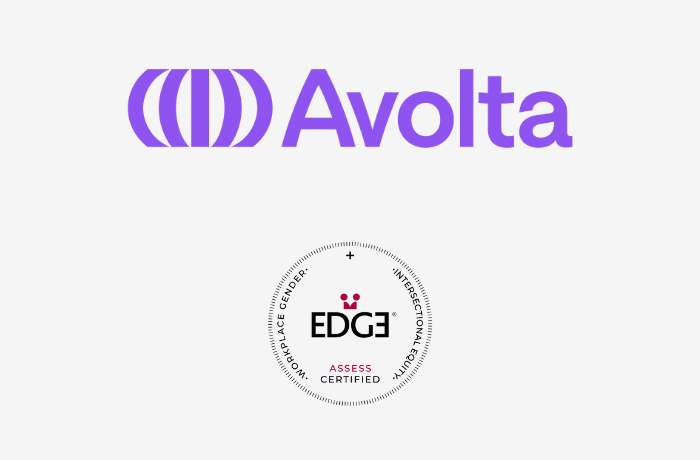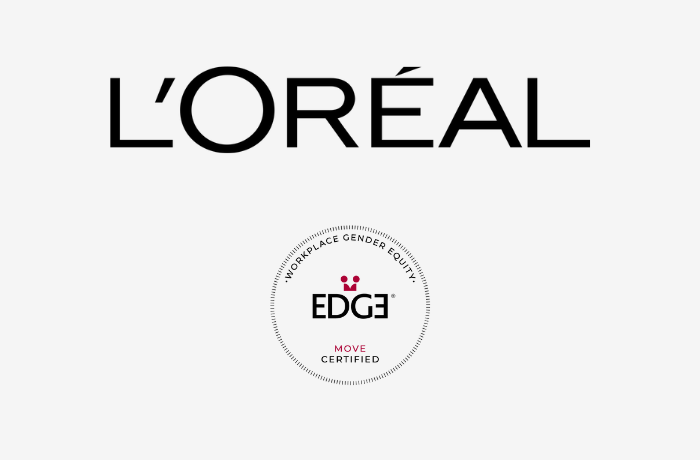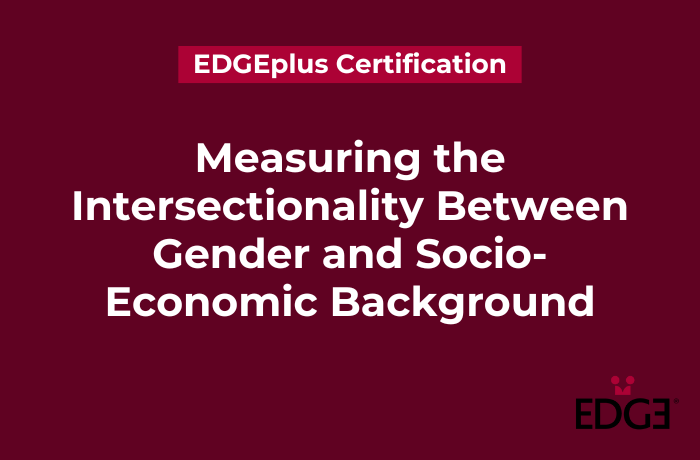Welcome to our series, where we speak with members of our Global Advisory and Academic and Scientific Councils to hear their insights on diversity, equity, and inclusion. Each interview highlights their unique expertise and the important work they’re leading.
Carolina Müller-Möhl is an entrepreneur, philanthropist, and committed elected official who is the founder and president of the Müller-Möhl Group and the Müller-Möhl Foundation. The Müller-Möhl Foundation focuses on gender equality, compatibility of work and family life, education and economic development in Switzerland. Carolina Müller-Möhl is a valued member of the EDGE Global Advisory Council.

You are a recognized leader in championing the compatibility of work and family life. Why is this so important?
Prioritizing work-family compatibility benefits all: the individual, the companies, and society as a whole.
Those who manage to balance work and family lead a fulfilling life, as they can achieve both professional and personal goals. It fosters personal satisfaction and professional success alike. People who can combine both often possess a higher degree of resilience and inner balance, as they find fulfillment on multiple levels.
If the political framework conditions are right and companies actively make their contribution to a better compatibility, more women will remain in the workforce and will choose a higher workload. This will help address the skills shortage, benefiting society as a whole by making better use of talents and potential. Equal participation in the workforce strengthens the economy.
In countries like Switzerland, where small and medium-sized enterprises (SMEs) dominate the business landscape, what specific measures would you recommend to focus on in promoting and achieving DE&I in the workplace?
As most SMEs have limited resources, I’d recommend measures that are not very costly – based on the research of Prof. Iris Bohnet: introduce anonymized recruitment processes to reduce unconscious bias. Ask all candidates the same questions and make hiring decisions as a diverse group to avoid favoritism and male bonding. Offer flexible working and fair parental leave policies that allow employees to better balance family and career. Implement minimal data analysis of HR processes – for example using EDGE Certification as a guidance: equity in hiring and promotion processes, retention, equal pay for equivalent work, data on measures supporting career advancement. Finally, create a culture that values respect, critical feedback and the importance of learning.
What in your opinion constitutes an example of a highly impactful policy measure at government level to support Diversity, Equity, & Inclusion in the Workplace?
In my view, the introduction of gender benchmarks for listed companies is an effective policy for promoting gender equality. This means that from 2031, all companies listed in Switzerland must have at least 30% women on their boards of directors and at least 20% women in executive management. If they don’t meet the targets, they will have to explain in their annual reports why they haven’t recruited enough women.
The other key policy relates to the gender pay gap: From 1 July 2020, employers with 100 or more employees in Switzerland are required to carry out an equal pay analysis and have it verified by an independent body. The analysis must be carried out every four years using a scientific and legally compliant method. I would recommend EDGE to be the preferred partner for all larger companies in Switzerland**. SME’s could use the analysis tool provided by the federal government – it is free, anonymous, secure and easy to use. Any company can make an effort! So hopefully, equal pay will be achieved by 2032, when the law expires.
A big thank you to Carolina Müller-Möhl for sharing these insights with us.
** Note from the EDGE Certified Foundation: Swiss companies are free to select a specific method of analysis to comply with the Swiss legislation on equal pay provided it is scientific and in accordance with the law. The EDGE Gender Pay Gap Analysis Methodology is a scientific, legally compliant method to investigate gender pay equity in the workplace.



